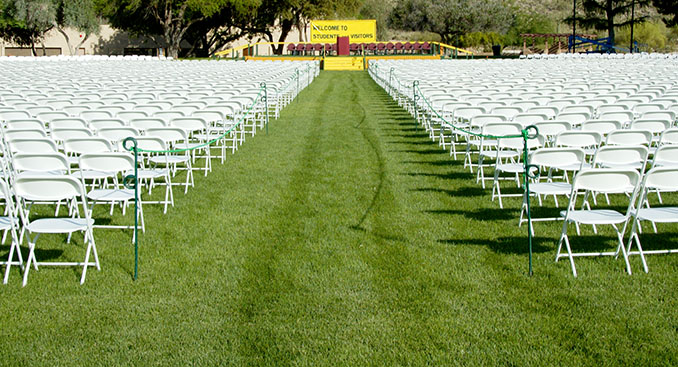Helping Children Deal With Disappointment During Isolation

Article provided through Parent Connext partnership between TriHealth Pediatrics and Beech Acres Parenting Center
The COVID-19 pandemic has dramatically changed the lives of families. Parents are struggling to balance working from home, searching for a job, or managing unemployment paperwork with supporting their child’s distance learning. Students are struggling to adapt to distance learning, while missing their friends and dealing with the disappointment of a significantly altered schedule and routine. Soccer. Tennis. Track and field. Dance classes. Prom. Graduation. Summer vacations. All cancelled or postponed. A lingering sense of uncertainty as stay at home orders are extended again and again compounds this disappointment. With so many things being cancelled and so many restrictions in-place for families, isolation, loneliness, and depression are growing threats to your family’s mental well-being.
How can you help your child deal with disappointment?
Begin by remembering that you are your child’s first and best teacher. While you may find yourself missing and appreciating your children’s teachers now more than ever, remember that you’ve been teaching them their entire lives. Lean into this opportunity to be with your children and help them navigate the host of big emotions they are experiencing during this time. This is a chance to be with your children and build resilience for your entire family.
Start with yourself. It may be hard when your daughter is crying over a cancelled dance recital that she’s been working so hard toward, but it’s important to be aware of how YOU are feeling first. This is a difficult time for everyone, yourself included. As a parent, your biological self can jump into full protection mode with an intense desire to shield our kids from difficult situations and feelings. That’s understandable. Take a moment to reset and identify this as an opportunity to learn and grow for your child. When you’re ready you’ll be better equipped to support them.
Next, it is always important to acknowledge your child’s feelings as well as your own. Don’t try and sweep this under the rug. Acknowledge the disappointment of a cancelled event, sports season, or milestone and be present in that sadness. It may be difficult but acknowledging these emotions and allowing them to react to them will help them heal.
Name the feelings. Your child may not have fully developed their “emotional IQ”. They look to you to help them understand what they are feeling and what to call it. It’s ok to be disappointed. Sad. Even Angry. Helping them identify and name those emotions, will allow them to address them in a healthy way.
Be intentional about addressing each situation. It is important to be in the moment with your child. Have a plan to discuss things with them. If your son is disappointed about track season being cancelled help him understand ways to deal with it. Plan a safe run together or a virtual 5k with teammates. Your family vacation may have been postponed or cancelled and that can weigh heavily on the family. Revisit photos from past vacations, plan a “stay at home” trip, or simply plan a movie night to be together and have fun. Finding creative ways to overcome disappointment can really help.
Finally, if your child is missing an important milestone, like prom or graduation, try and adjust your own expectations about how your student should feel about the cancellation of these anticipated events. Most teens live in the present moment and may move on from disappointments faster than we do. They may not feel the loss and sadness during this time as you do. They don’t have the context of experiencing these “rites of passage” events like you do. Instead, they are taking things day by day and working through them as they come. How moms, dads, and caregivers handle this time matters in that stress and sadness are easily transmitted to kids, just like any other virus. The results of this transmission from parent/caregiver to their child can lead to them feeling what you feel or reacting as you react, rather than persevering and moving forward as they are equipped to do.
This is no doubt a difficult time for families. Disappointment mounts with every cancelled event, every extended stay at home order, and every day away from their friends and activities that they love. Take care of yourself, acknowledge and name the feelings your child is experiencing, and be intentional about addressing each situation.
“Disappointment can be difficult for anyone-especially children. Things that seem “small” or “insignificant” for adults may seem earth shattering to a child. We have to remember their “world” may be much smaller than we realize. It is important to empathize with our children and help them to process some of the difficult emotions they are experiencing. In this way, disappointment is one of the greatest learning experiences we can have. It ultimately prepares us for any curve ball life may throw at us in the future. As challenging as life is for us as adults right now, we have to remember that our children are experiencing similar challenges and it’s our job to prepare our children to be emotionally intelligent adults. Dr. Seuss reminds us ‘A person’s a person no matter how small.’”- Denise Warrick MD, TriHealth Pediatrics